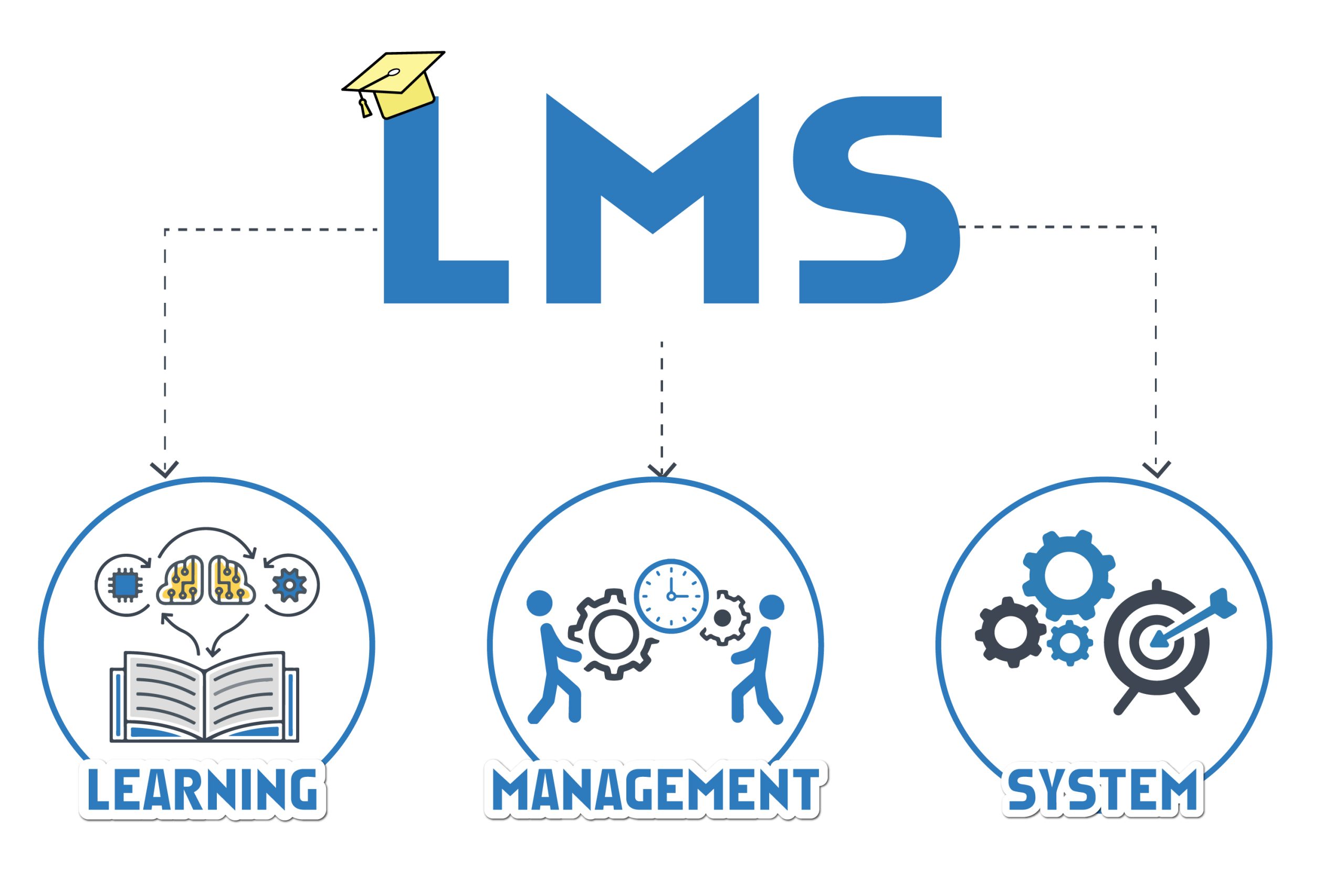In an era where technology is an integral part of our daily lives, it’s no surprise that education systems worldwide are embracing the digital wave, particularly in the form of AI-driven Learning Management Systems (LMS). As educational institutions navigate the complexities of the 21st century, the integration of AI in LMS platforms is proving transformative. AI-driven LMS not only reinvent traditional educational techniques but also build a dynamic learning culture that is more personalized, efficient, and effective. They represent a ground-breaking shift from conventional educational frameworks towards systems that prioritize adaptable and engaging learning experiences.
One of the major advantages of AI-driven LMS is their ability to offer personalized learning experiences. These systems leverage machine learning algorithms to understand individual learning patterns and preferences, allowing for customized content delivery. Such features ensure students are not boxed into a one-size-fits-all model, but rather, they receive learning materials that resonate with their unique learning paths. This individualized approach significantly improves the quality of learning, as it helps students grasp complex concepts at their own pace and with greater depth.
Moreover, AI-driven LMS are equipped with advanced analytics capabilities. These systems can analyze vast quantities of educational data, providing valuable insights into student performance and engagement. Educators can use this data to identify students who may need additional support or to refine teaching strategies for better outcomes. The ability to track, report, and analyze learning activities in real-time ensures that teachers and institutions can make informed decisions that contribute to the success and growth of their students.
Furthermore, these intelligent systems promote collaborative learning environments. By integrating features such as virtual classrooms, discussion boards, and group projects, AI-driven LMS encourage interaction and teamwork among students, even in a digital setting. This approach not only enhances social skills but also prepares students for professional environments where collaboration and communication are essential. As a result, students are better equipped for future careers, fostering a dynamic and collaborative learning culture that transcends the conventional classroom.
The benefits extend to educators as well, with AI-driven LMS offering tools that support and streamline the teaching process. Features like automated grading, smart scheduling, and content recommendations reduce time-consuming tasks, allowing educators to focus on enriching the learning experience. Moreover, these systems provide teachers with manager-level guidance and resources tailored to their teaching styles, ultimately enhancing educational delivery and improving student outcomes.
Implementing AI-driven LMS can also facilitate swift onboarding and training for teachers, administrative staff, and students. By embedding features such as smart answers and interactive tutorials within existing tools, these systems ensure that users quickly adapt to new technologies without facing a steep learning curve. The seamless integration of AI into existing educational frameworks paves the way for smooth transitions, fostering an agile and adaptable learning environment.
In conclusion, the integration of AI into learning management systems marks a revolutionary step in transforming education. By creating a dynamic learning culture that values personalization, collaboration, and efficiency, AI-driven LMS are setting the standard for modern education. As we continue to navigate the digital age, embracing such innovative technologies will be crucial in preparing future generations for a rapidly evolving world. The evolution of education, powered by AI, promises to usher in an era of limitless learning possibilities where every student has the opportunity to thrive.
